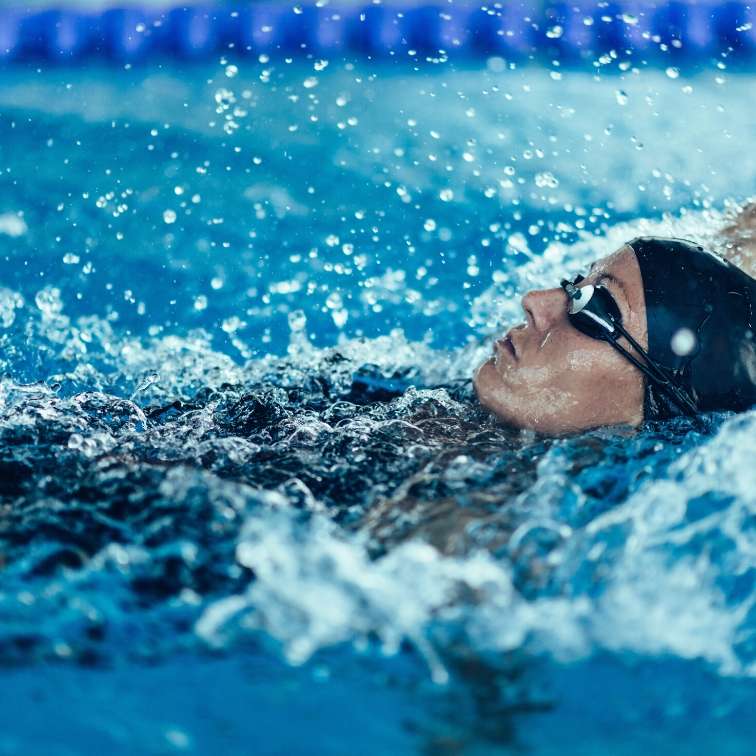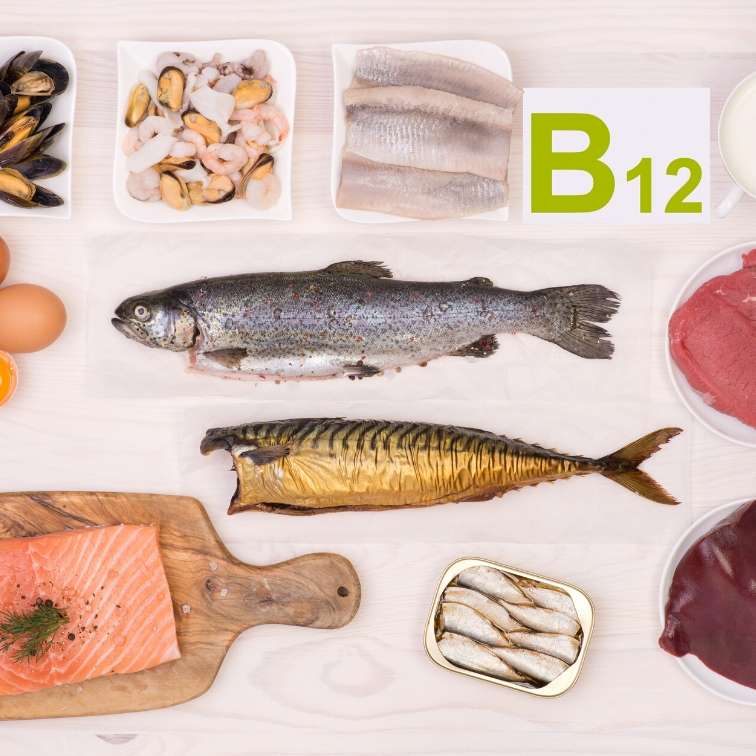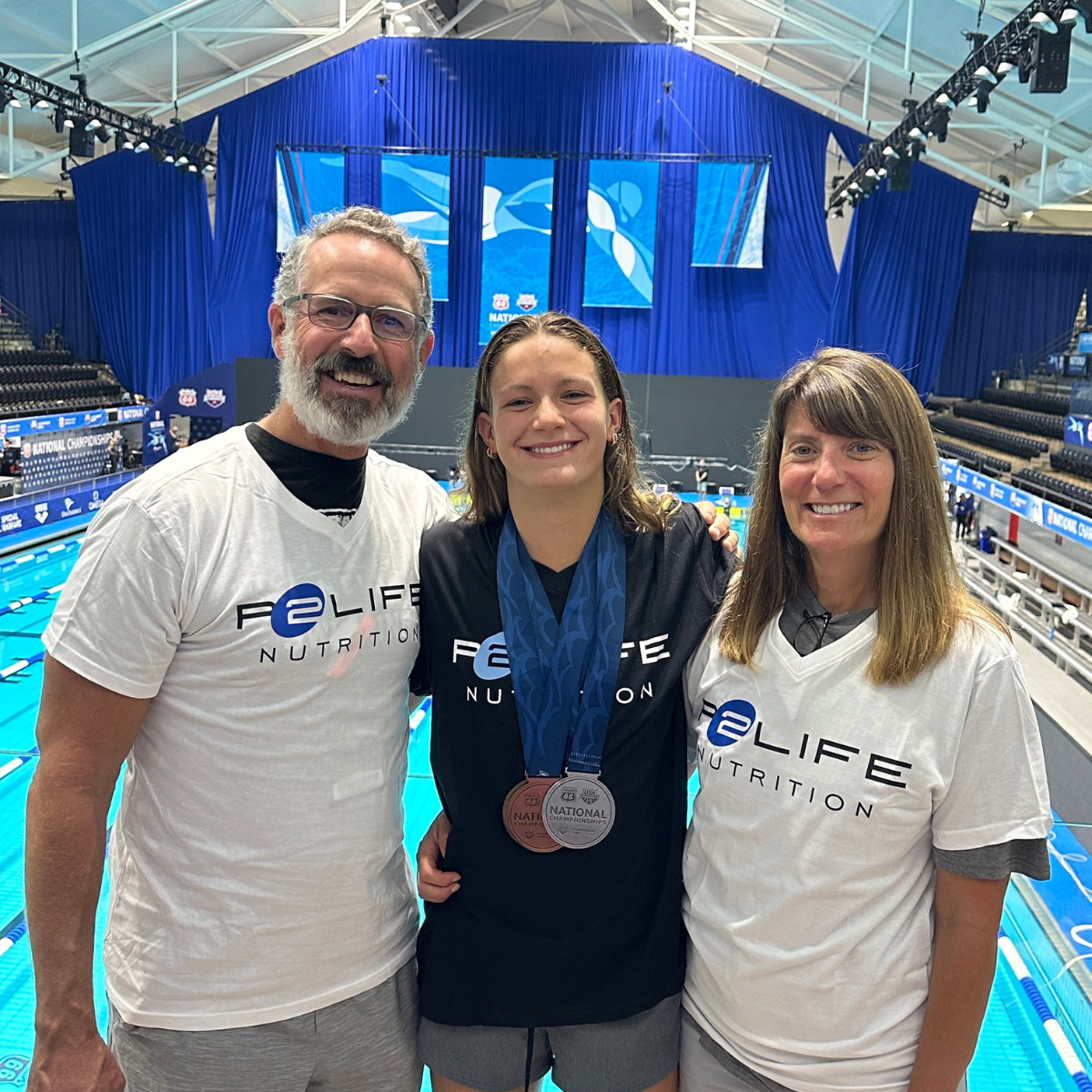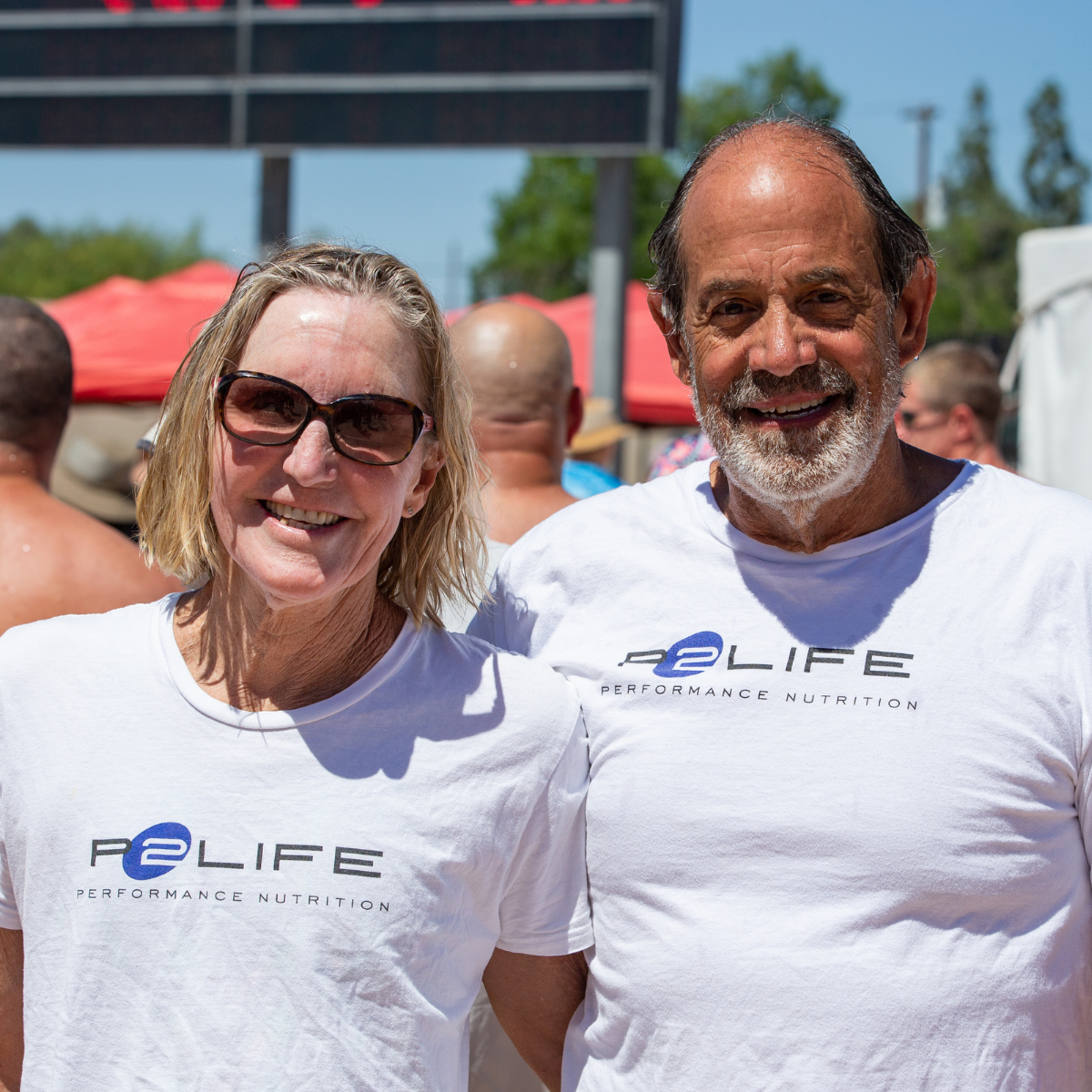
Why Cool Down Exercises and Recovery are So Important for Swimmers
Part of an effective and proper swim session, whether it's an early morning practice or an important meet, is restoring your body. Part of a total performance swimming plan is recovery and the cool down exercises that you do after working out. Let's focus on a few reasons why this step is critical to maintaining optimal performance.
1. Body Temperature
It's natural for swimmers to experience an increase in muscle temperature. And while you're exercising, competing, and working out, this elevation in temperature is a good thing because it allows a more efficient delivery of oxygen to tissues, "quickens the metabolic chemical reactions resulting in more efficient cellular processes"1, and keeps our joints and limbs flexible to easily move through the water.
Also, as body temperatures rise, MPK, a key enzyme that muscles use to generate energy, but is also temperature sensitive, begins to deform and self-destruct. When you cool your muscle cells, you are returning this enzyme to a functional state and resetting your body for the next round of exercise. This is especially important for swimmers who are competing in multiple races in one day.
2. "Clean" MusclesCooling down is also an important step in helping muscles clean out the lactate and other waste that has accumulated during rigorous exercise. When you swim at high intensities, metabolites like inorganic phosphate, lactate, ADP, and hydrogen ions build-up in your body and can compromise your next swimming performance. A proper cool down facilitates the removal of lactate after a race or intense swim session.
3. Muscle Repair
The majority of the body’s metabolic repair and rebuilding happens while the body is resting. This is a key time to restore any nutrients lost during exercise and prepare for the next round of the competition. During a long or intense workout, it's likely that your glycogen stores become low or depleted, and the available blood sugar is giving your body energy. But should your levels drop too low, your body draws on the high-intensity fuel source of protein. And this protein "usually comes in the form of muscle protein, it is easy to see how long-term failure to replenish glycogen can lead to tissue breakdown"2.
To prevent this tissue breakdown and maximize glycogen stores, get proper nutrition during your cool down. Drinking a protein shake that has a proper ratio of carbs, whey protein, casein protein, and vitamins within 30-45 minutes after your workout is appropriate. Our NutriBoost shake is a great choice to eliminate the possibility of this tissue breakdown.

4. Prevent Fainting
Immediately after a long set or an intense competition, the blood vessels in our bodies, especially our legs where swimmers get much of their power, expand and have blood moving freely through them. When you stop swimming abruptly, that blood pools in your lower body, and creates symptoms of fainting, dizziness, cramps, or what some swimmers call "lead legs". Cooling down with a proper routine has been shown to prevent the buildup of blood in the veins, also known as "venous pooling”.
5. Better Performance
There are lots of opinions about the value of cooling down and recovery, but there are numerous studies that show swimmers having better performance with a proper routine. Studies from the Journal of Swimming Research show that "an active recovery between events (which was essentially a cooldown from the first race), resulted in improved performance versus the passive recovery."3 Cooling down after each race is going to help you have better performance in subsequent races, so make it a necessary step.
For more articles on swimming techniques, nutrition tips, and race day strategies, check out our P2Life Blog!
Sources:
1. http://blog.bridgeathletic.com/ the-importance-of-warm- up-and-cool-down-for-athletes
2. http://www.nycaquaticclub.com/ The%20Art%20of% 20Recovery.pdf
3. http://www.swimmingscience.net/ 2013/04/arm-warm-downs -necessary-in-swimming.html
4. http://news.stanford.edu/ news/2012/august/ cooling-glove-r esearch-082912. html










Leave a comment
This site is protected by hCaptcha and the hCaptcha Privacy Policy and Terms of Service apply.